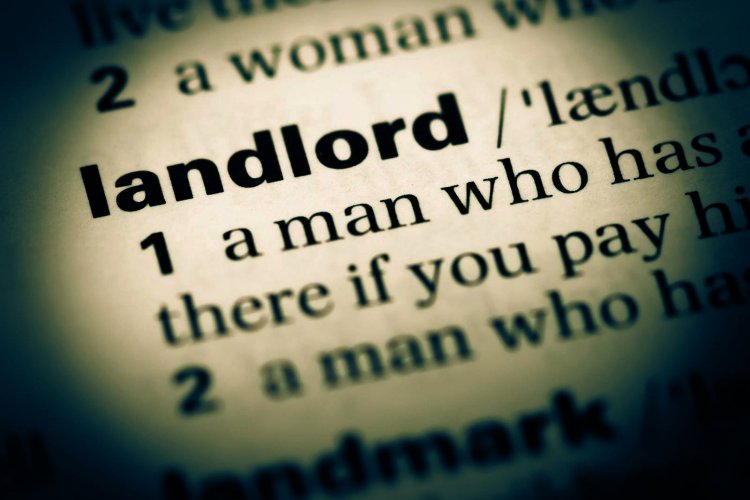What Are My Rights as a Landlord?

Have you been wondering about renting out your real estate to a tenant, including lease agreements, evictions, property repairs, the return of rent deposit, and more? Here is a section that provides legal information and tips on how to go about it as every state has implemented laws that cover the landlords.
Before a tenant moves in:
Most landlords are not aware of this fact but your rights start at this point.
You have the right to screen tenants: Have the tenant of your dreams based on income information, rental history, government identification, criminal record check, guarantees, and even similar business practices as prescribed by the law.
However, what you cannot do is select or refuse to cater to a tenant based on anything prohibited in the Federal Laws which include:
- Fair Housing Act-Prohibits discrimination in housing based on race, color, national origin, religion, sex, family status, disability.
- Civil Rights Act-Prohibits discrimination on the basis of race, color, or national origin in programs receiving funding from The Federal.
- People with Disability Act-Prohibits discrimination on the basis of any form of disability.
- Age Discrimination Act-Prohibits discrimination based on the age of the tenant. This act aims at protecting those above 40 especially.
After a tenant moves in:
Right to collect rent
You are fully entitled to collect rent, in full, on the day it is due.
Right to enter the rental unit
You are very much allowed to enter the rental home in order to complete maintenance or repairs, to show the place to a potential tenant, or in case of an emergency.
However, specific rules on the entry guidelines e.g giving the tenant a notice prior to your visit must be put into consideration.
Right to collect a security deposit
After you and your tenants sign the tenancy agreement, you are allowed to collect the rent deposit. This is only held until after the move-out inspection is completed, and all or part of it is used to cater for unpaid bills such as outstanding utility bills, rent payments, and even normal wear and tear. The highest amount of this deposit is usually the same as the rent for one rental period, mostly a month.
Right to raise rent according to the lease agreement
As long as you are following the rent increase guidelines according to the law of whatever state you are in, you are allowed to increase the rent at least once in a 12-month period
Right to evict the tenant (s)
Peace of mind is everything. You are allowed to evict any tenant, after giving them an advance notice, who's being a nuisance either by not paying rent or engaging in illegal activities.. depending on the lease agreement. If they do not agree to this, you still have a right to file an application and have a hearing with The Landlord and Tenant Board.
Right to charge a fee or deposit of either parking or pet charges depending on the terms of the agreement
For example, when you're consenting entry of pets in your rental unit, you are allowed to charge a pet fee or deposit. A pet deposit is a refundable amount of money obtained by the landlord to cover any damages made by the pet while a pet fee is a non-refundable continuous payment that is often added to the tenant's monthly rent.
Just like tenants, landlords too have rights, and it's imperative to know what they are.

































